If there’s one genre that rivals country music for the most quintessentially American art form, it’s jazz. And, historically, the genres share a lot more common ground than you might think. One could even argue that, in many ways, country music grew out of jazz (via the blues, swing, and more)—something that admittedly couldn’t be less apparent in the sound of today’s country.
Videos by American Songwriter
But there was a time when the two were practically indistinguishable in some instances—so much so, in fact, that some country stars had hits (or near hits) with their performances of jazz standards.
Let’s take a look at a few such performances, where, in the hands of a country music stylist, a Jazz standard was transformed into a country hit.
Bob Wills And The Texas Playboys/George Strait, “Right Or Wrong”
It should come as no surprise that Bob Wills tops this list. After all, Wills, one of the founding architects of what came to be known as country music, is famous for more or less single-handedly creating the country subgenre of Western Swing.
Western Swing took cues from both sides of the ethnomusical divide (that is, Black and white, or, at the time, “Race” vs. “Hillbilly”), implementing jazz tonality and improvisation with country and western instruments to create high-energy dance music that fueled the leisure hours of the midcentury Southwest.
In the capable hands of the Texas Playboys, especially golden-throated crooner Tommy Duncan, many jazz standards were treated with enough cowpoke cornpone to get even the roughest-riding wranglers shaking a leg on the dance floor.
“Right Or Wrong”, written in 1921 by Arthur Sizemore, Paul Biese, and Haven Gillespie, is a classic little jazz number that Wills and the boys worked up with Texas twin fiddles and lap steel in their signature style.
And while the Playboys didn’t score a hit with this one, per se, George Strait, of all people, did, in freaking 1983, with a rendition that was almost note-for-note faithful to Wills’ version. Even more noteworthy, then, is the fact that Wills originally gleaned the song from blackface-wearing minstrel performer Emmett Miller. I’m just grateful Strait skipped that aspect of the performance. Wills, on the other hand, well… don’t Google it.
Eddy Arnold also made #1 with the remarkably similar “Anytime” in 1947 (which was also picked up from Miller).
Willie Nelson, “All Of Me”
Even less surprising, perhaps, is the inclusion on this list of Willie Nelson. An avowed acolyte not only of The Texas Playboys, but also of Belgian jazz guitarist Django Reinhardt, Nelson’s music toes the line between country and jazz more than perhaps any other artist of his profile.
“All Of Me”, composed in 1931 by Gerald Marks and Seymour Simons, is about as “standard” as a jazz standard can get. Louis Armstrong, Billie Holiday, Count Basie’s Orchestra, and Frank Sinatra (a who’s who of jazz if there ever was one) all recorded takes on the tune, followed finally by Nelson’s inclusion of a rendition on his 1978 album Stardust. Nelson’s version made No. 3 on the Hot Country charts, qualifying it as a hit in my book.
Jimmie Rodgers & Louis Armstrong, “Standing On The Corner (Blue Yodel No. 9)”
The Singing Brakeman, Jimmie Rodgers, is about as country as it gets. Known as one of the founding fathers of country music, Rodgers’s “Blue Yodel” series, sentimental ballads, and tales of riding the rails inspired every generation of country and bluegrass starts that followed, with the likes of Bill Monroe, Merle Haggard, Dolly Parton, and Waylon Jennings laying down tributes to his tunes.
But country music had yet to be rigidly defined in Rodgers’ time, and he could just as easily have been billed as a blues or jazz artist, if not for the color of his skin. His blues- and ragtime-based chord structures and often surprisingly urban lyrical themes reveal a much more complex relationship to genre tropes, which were very much racially bound in that era. (Some of his lyrics could arguably qualify as an early form of gangster rap—listen closely, he’s always talking about “gats,” “hustlers,” and even violent crimes against police officers.)
And while “Standing On The Corner” isn’t exactly a jazz standard in its own right, the recording is remarkable for its collaboration between one of the founding fathers of country and one of the founding fathers of jazz, Louis Armstrong (plus Armstrong’s wife, Lil Hardin, on piano). An unbilled Armstrong’s trumpet accompanies Rodgers’ yodel on this yarn about police harassment and gang life on Beale Street in Memphis.
It wasn’t necessarily a hit, but “Standing On The Corner” got something of a second life when Armstrong reprised the song in a performance with Johnny Cash on The Johnny Cash Show in 1970. The song has also been selected by the Rock & Roll Hall of Fame as one of the 500 Songs That Shaped Rock and Roll.
Photo by Wally McNamee/CORBIS/Corbis via Getty Images


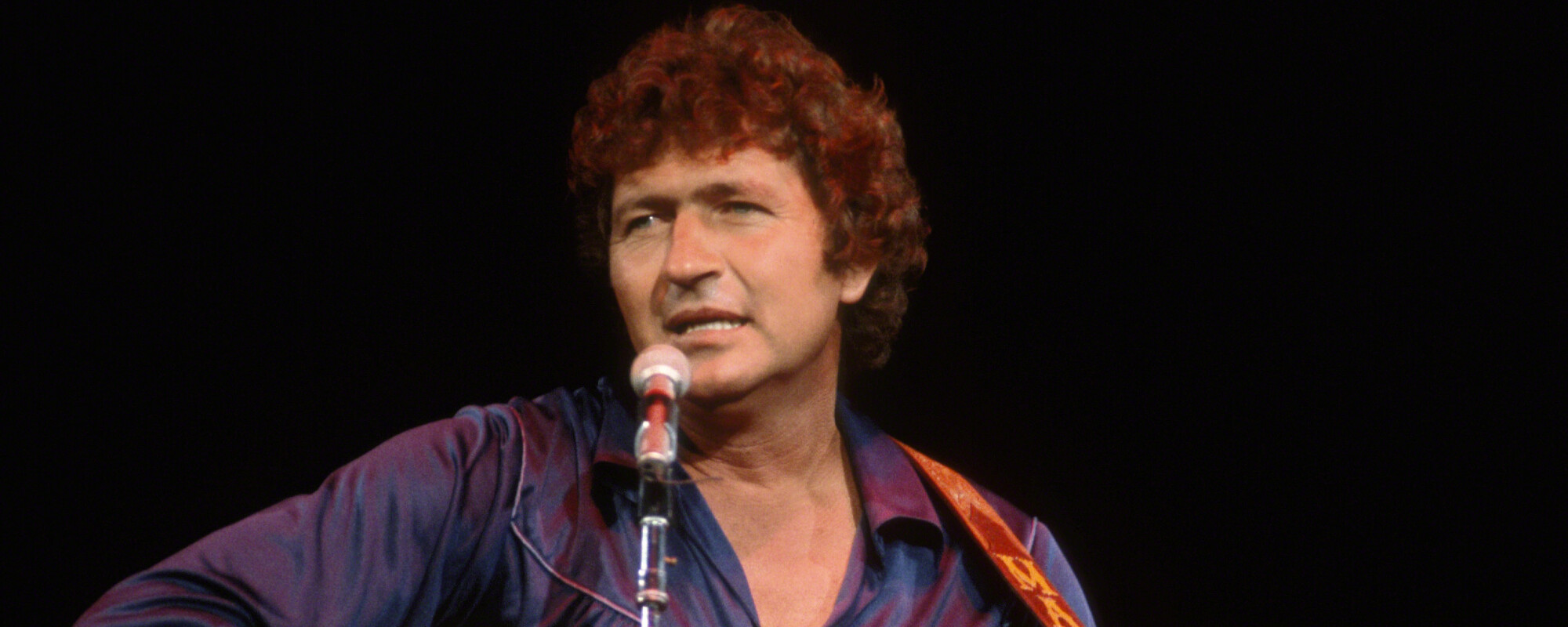
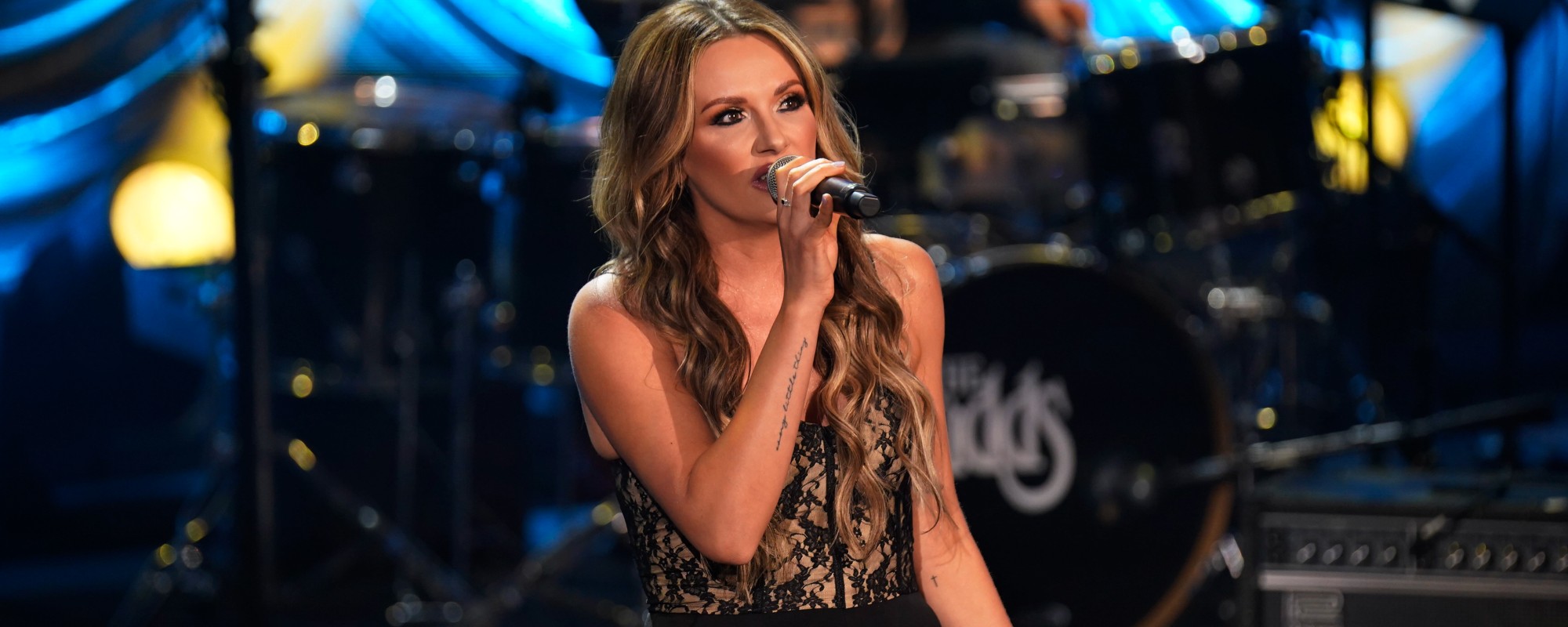
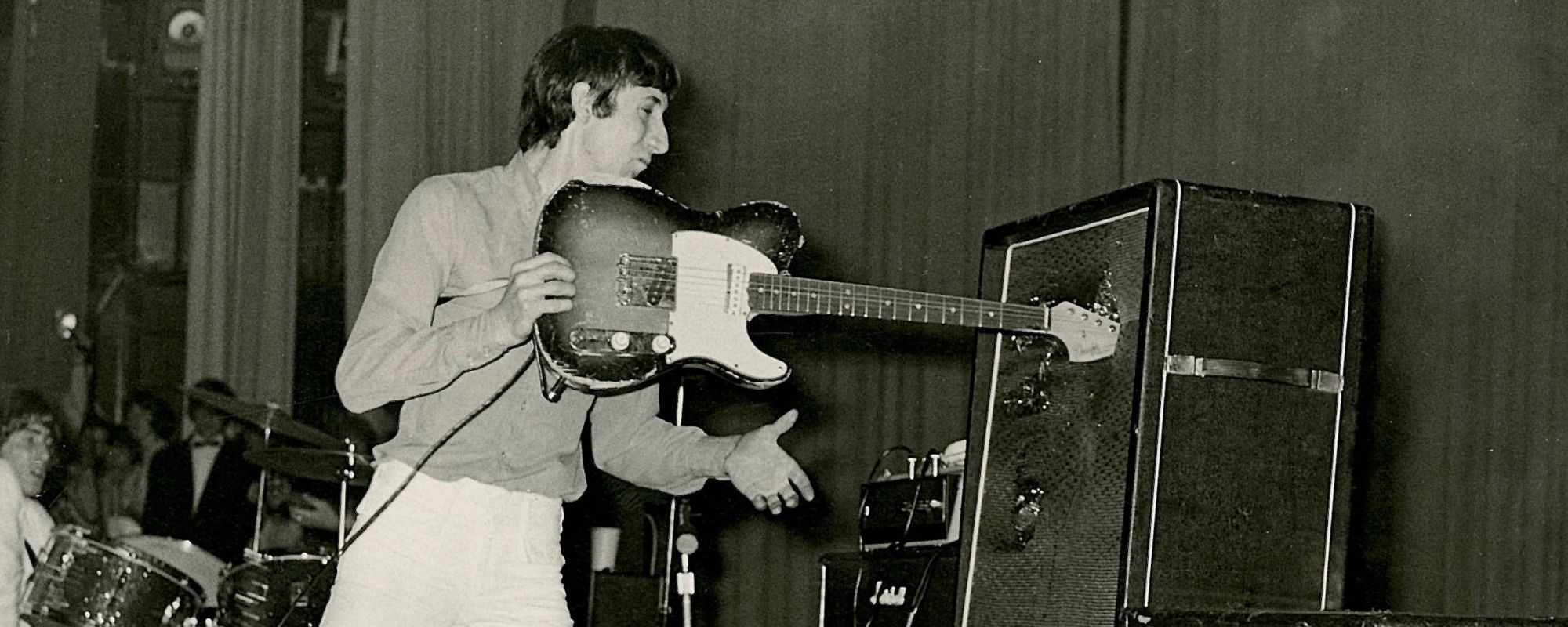

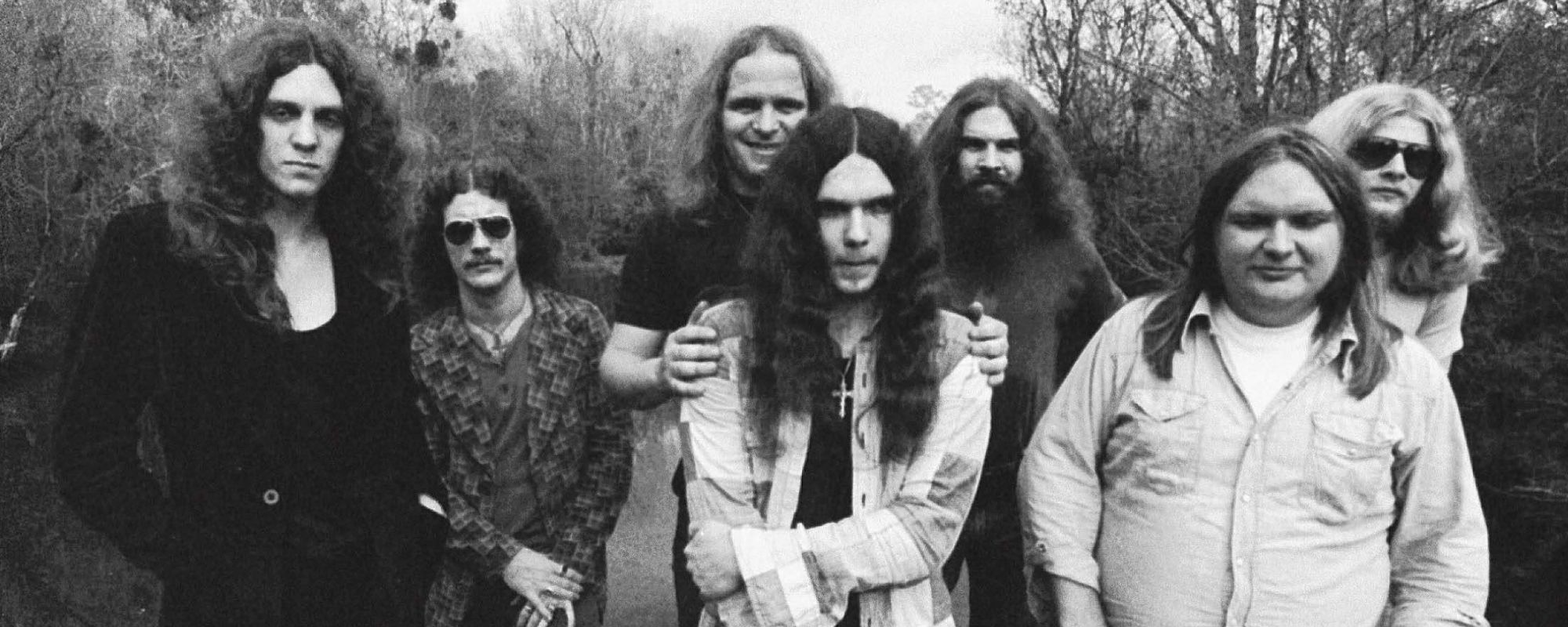
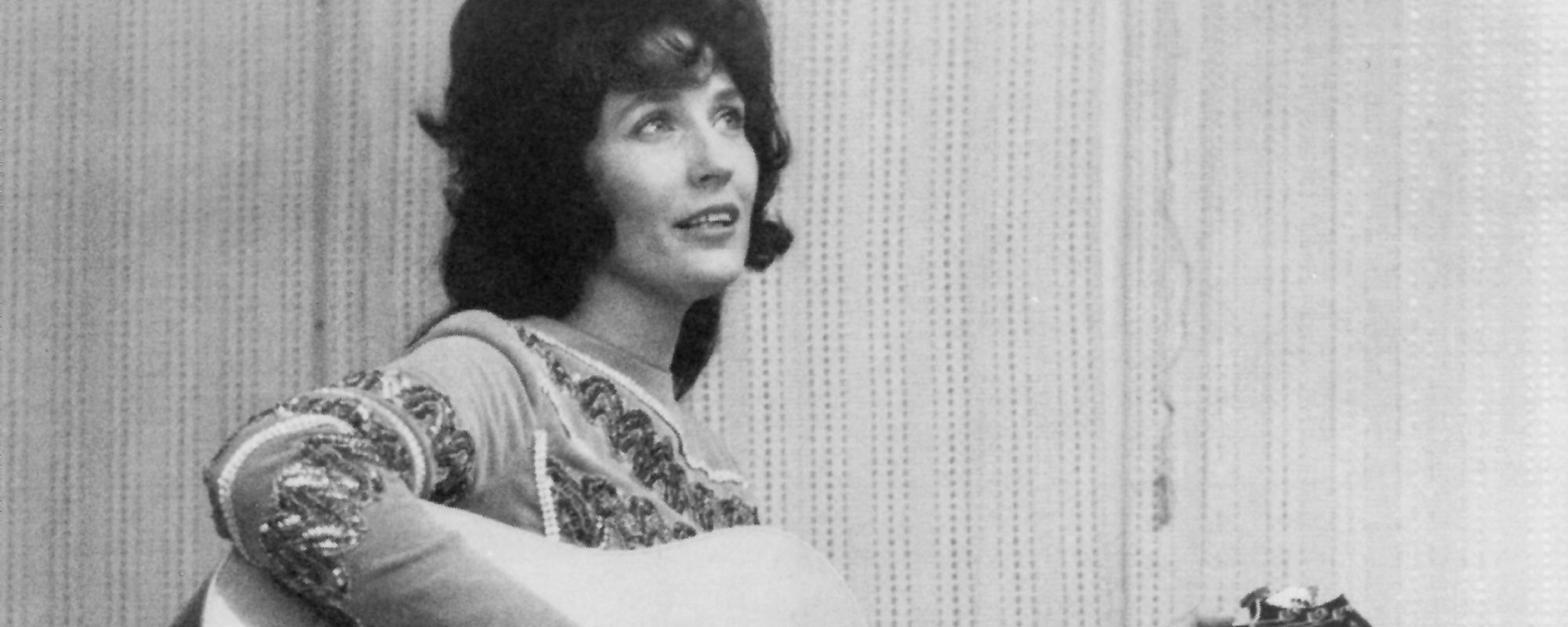
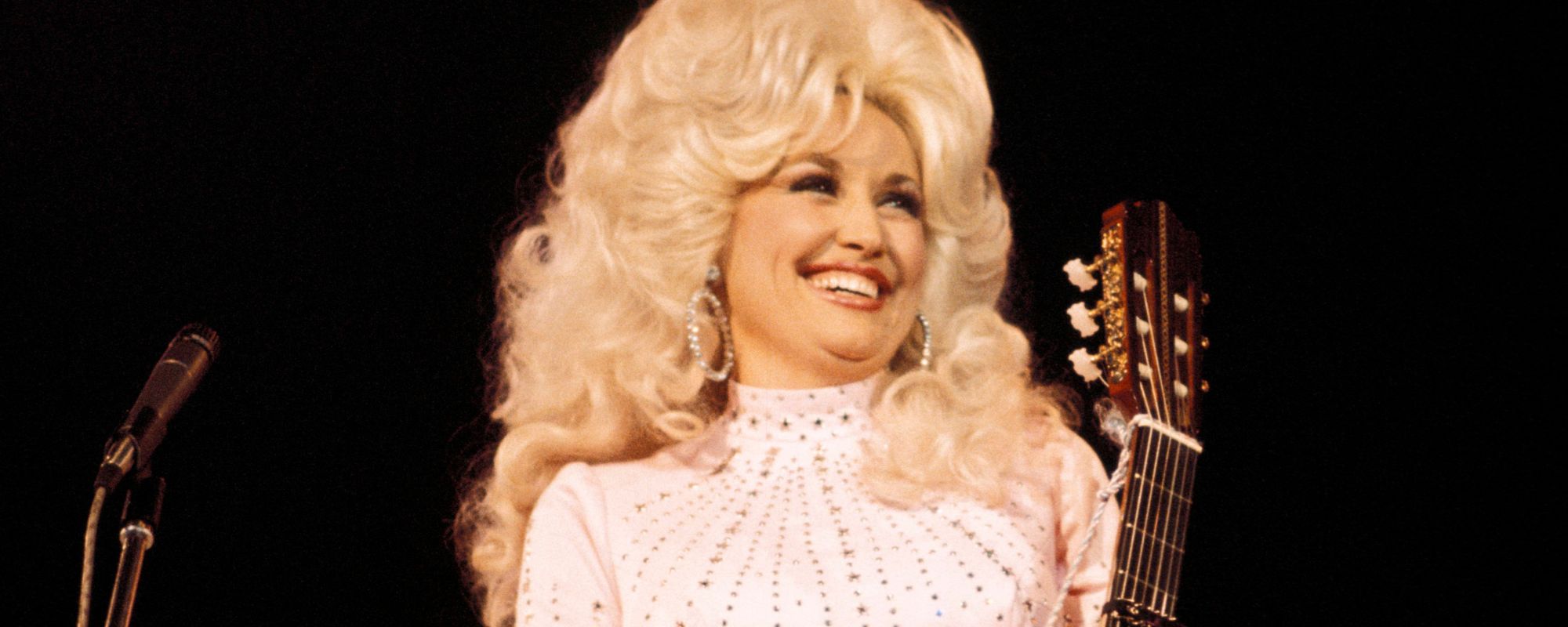
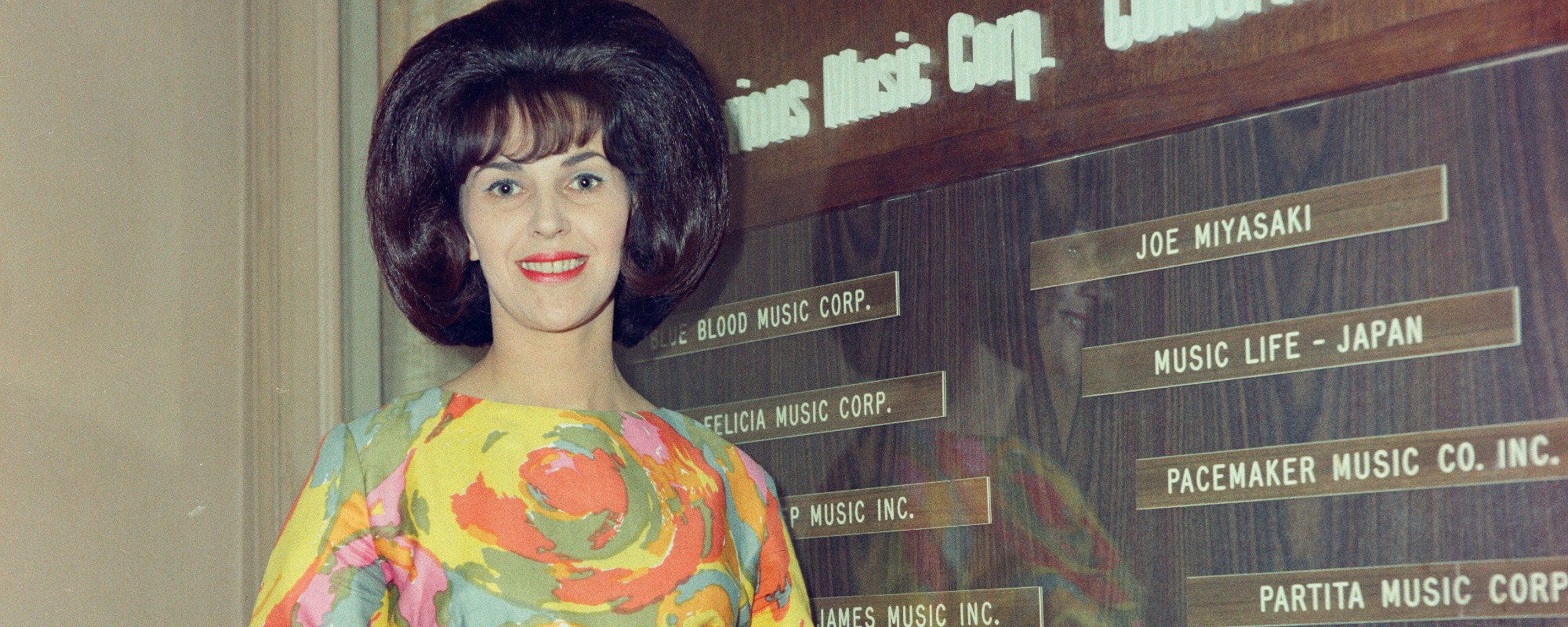
Leave a Reply
Only members can comment. Become a member. Already a member? Log in.